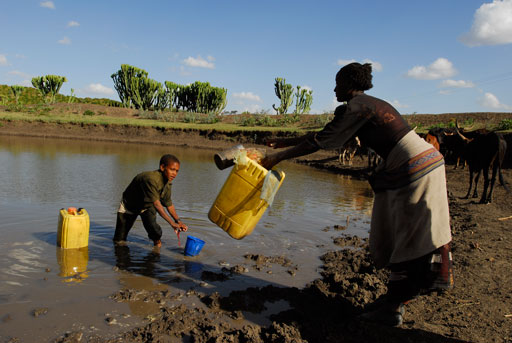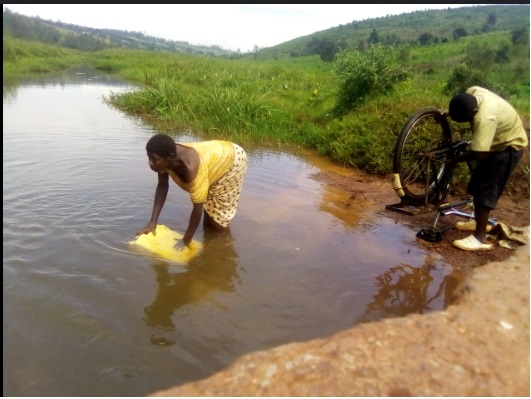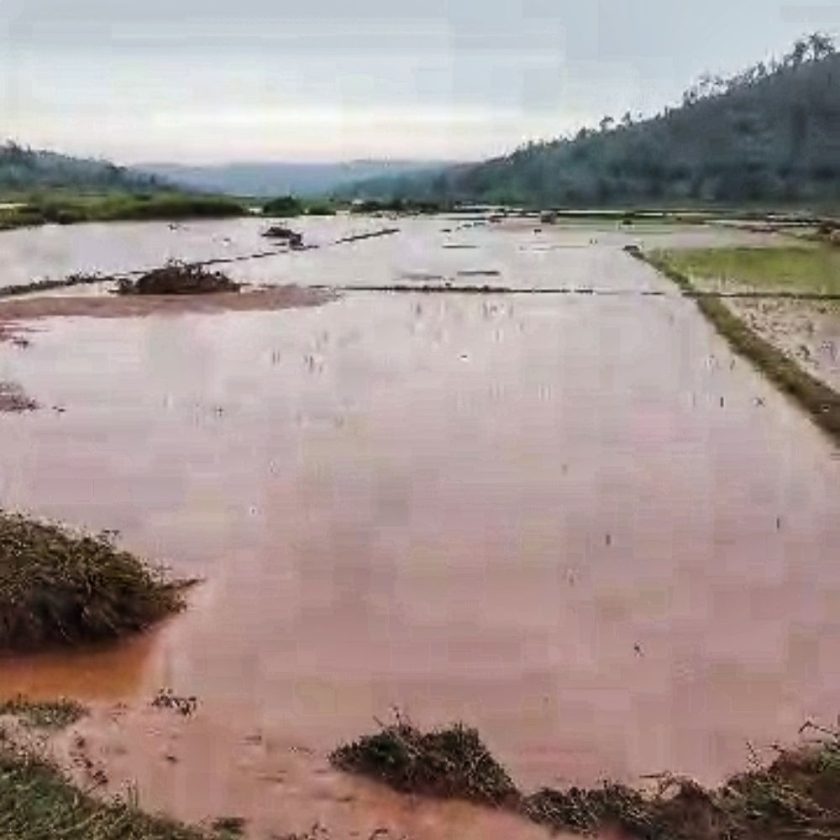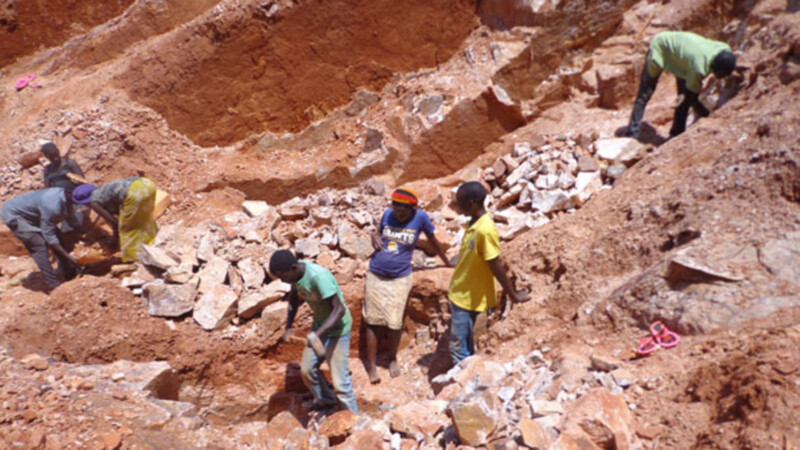In the rolling hills of rural Rwanda, water is life. It sustains families, nourishes crops, and supports livestock. But for many communities, access to safe, clean water is becoming a distant memory, as pollution from nearby industries and agriculture taints their lifeline. This is the story of those affected and their calls for change.
The Source of the Problem

In many parts of rural Rwanda, rivers and streams are the main sources of water. However, industrial waste and agricultural runoff have found their way into these natural resources, contaminating the water with harmful chemicals and pollutants. In some regions, untreated waste from factories and toxic pesticides used in farming have led to visible pollution—water turning cloudy, with a distinct chemical odor hanging in the air.
“I used to go to the river every day for water,” says Marie, a mother of four in the Eastern Province. “Now, we’re afraid. The water has a strange smell and color. My children have fallen sick multiple times because of it.”
Marie’s story isn’t unique. Across the countryside, residents speak of how they’re caught between the need to use the river for daily needs and the fear of exposing themselves to illnesses. Many say the contamination has worsened in recent years as industries have grown and farming practices have intensified to meet demand.
The Toll on Health and Livelihoods
The impact of water pollution goes beyond immediate health concerns. Dr. Jean, a local healthcare worker, shares the long-term effects he’s seen in his patients. “We see an increase in waterborne diseases—diarrhea, skin infections, and in severe cases, even typhoid and cholera,” he explains. “But there are also chronic issues developing, like organ damage and growth delays in children, due to prolonged exposure to harmful chemicals.”
For communities that rely on agriculture, the contamination of water sources also means less productivity. Fertile lands once irrigated with river water are now drying up or yielding lower-quality crops. Farmers report smaller harvests, impacting not only food supply but also income. “We used to grow enough to feed our family and sell at the market,” says Samuel, a farmer in the Southern Province. “Now, even our crops are stunted. We can barely feed ourselves, let alone sell anything.”
The fishing community, too, has suffered. Fish populations in polluted rivers have dwindled, and locals report seeing fish floating dead, covered in strange slimy substances. For a region where fishing supplements daily diets and income, this decline has been devastating.
Voices of the Community
Though these challenges have worsened in recent years, rural residents haven’t stayed silent. Many have come together, calling for action from local government officials and environmental organizations. In Nyaruguru District, residents organized a community meeting to raise awareness of the pollution issues and bring attention to their pleas for help.
“All we ask is for our leaders to listen,” says Francine, an elder from the village who has been an outspoken advocate for clean water. “We’ve relied on these rivers for generations. We don’t have the luxury of drilling wells or buying bottled water. We need our rivers back.”
At this meeting, dozens shared their experiences. A young mother spoke of how her newborn had developed rashes after bathing in the river. An elderly man recounted how his wife had succumbed to typhoid, which he believes she contracted from contaminated drinking water. Each story added to the mounting evidence of a health crisis in the making.
Seeking Solutions
Local officials have acknowledged the issue, and steps are slowly being taken to address the pollution. Some industries have faced fines for improper waste disposal, while pilot projects to treat water and control runoff have been launched in select areas. However, progress is slow, and residents say these efforts fall short of the immediate action needed.
Meanwhile, organizations like the Rwanda Water Partnership have started awareness campaigns and pushed for stricter enforcement of environmental regulations. They are working with communities to develop low-cost filtration systems and promote safe water practices. But for most people, these interventions are still far from solving their daily struggle for clean water.
Hope and Resilience
Despite the ongoing challenges, the resilience of Rwanda’s rural communities is clear. Farmers, fishers, and families continue to advocate for cleaner water sources, determined to preserve the rivers that have supported them for generations.
“Water is more than just something we drink,” says Francine. “It’s our life. It connects us to the land, to each other. We will keep speaking out until things change.”
For these communities, the fight for clean water is a fight for survival, health, and dignity. With their stories finally coming to light, they hope that their voices will reach those in power and prompt the action needed to restore the life-giving waters of Rwanda’s rivers.
BY NIKUZE NKUSI Diane






